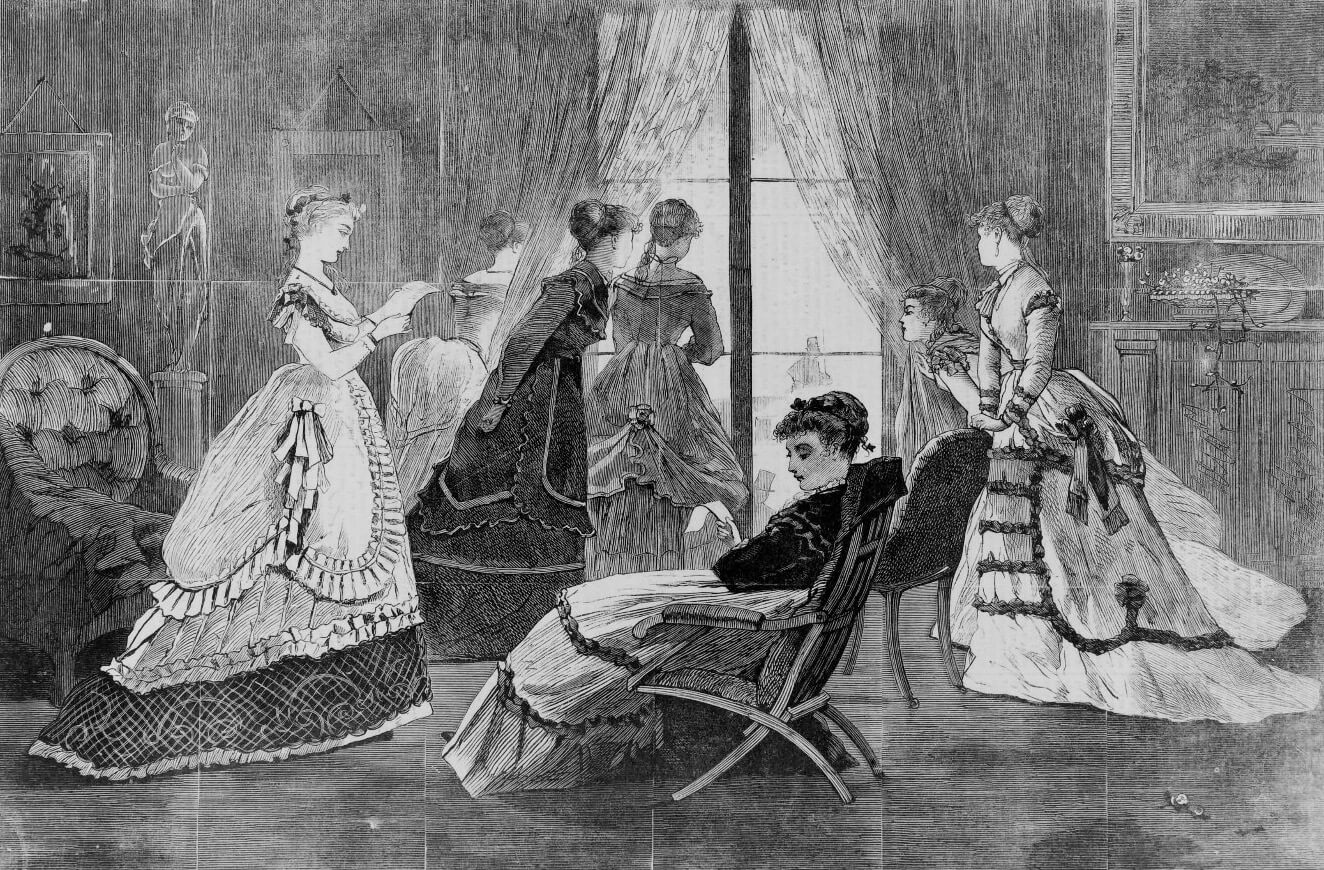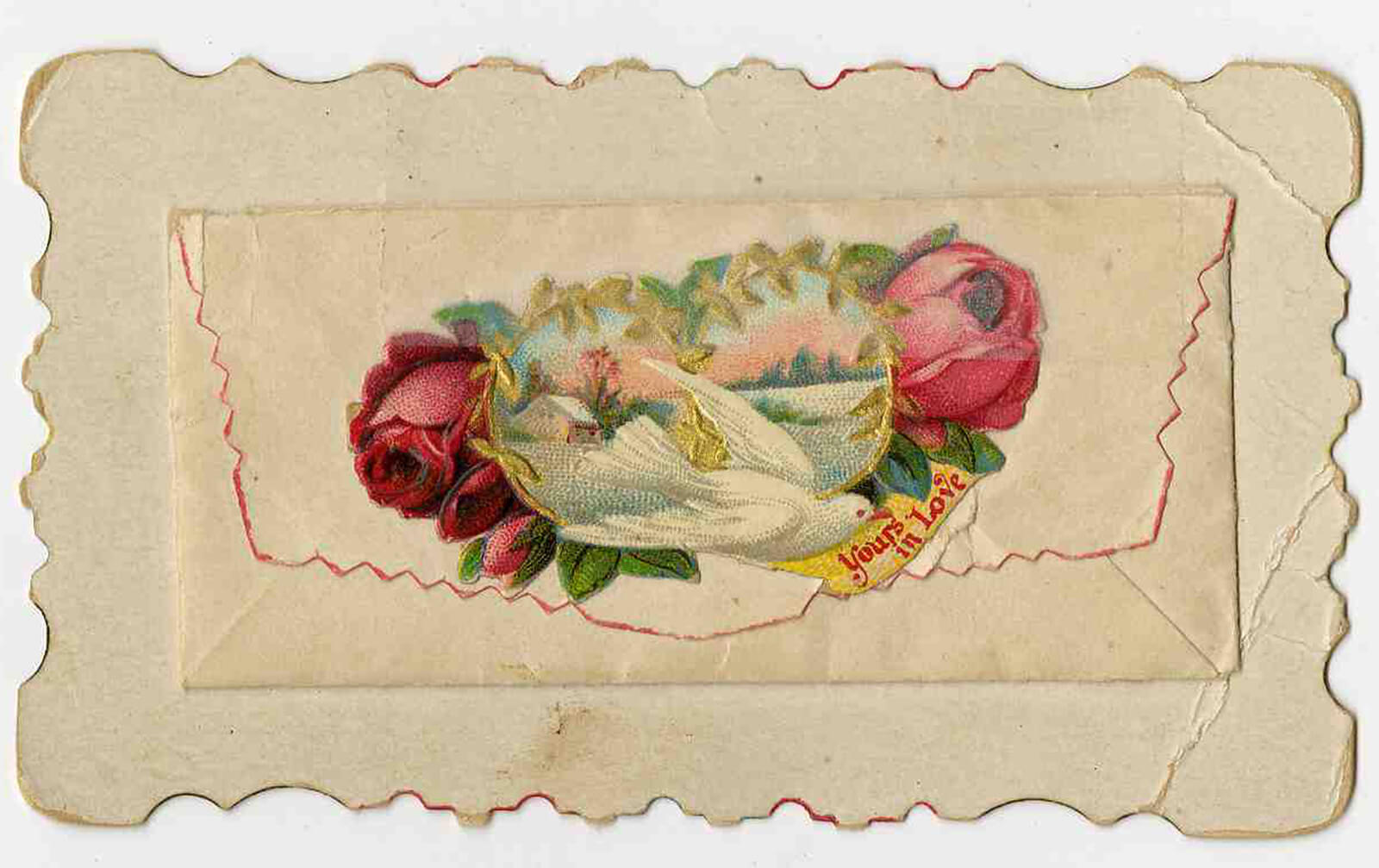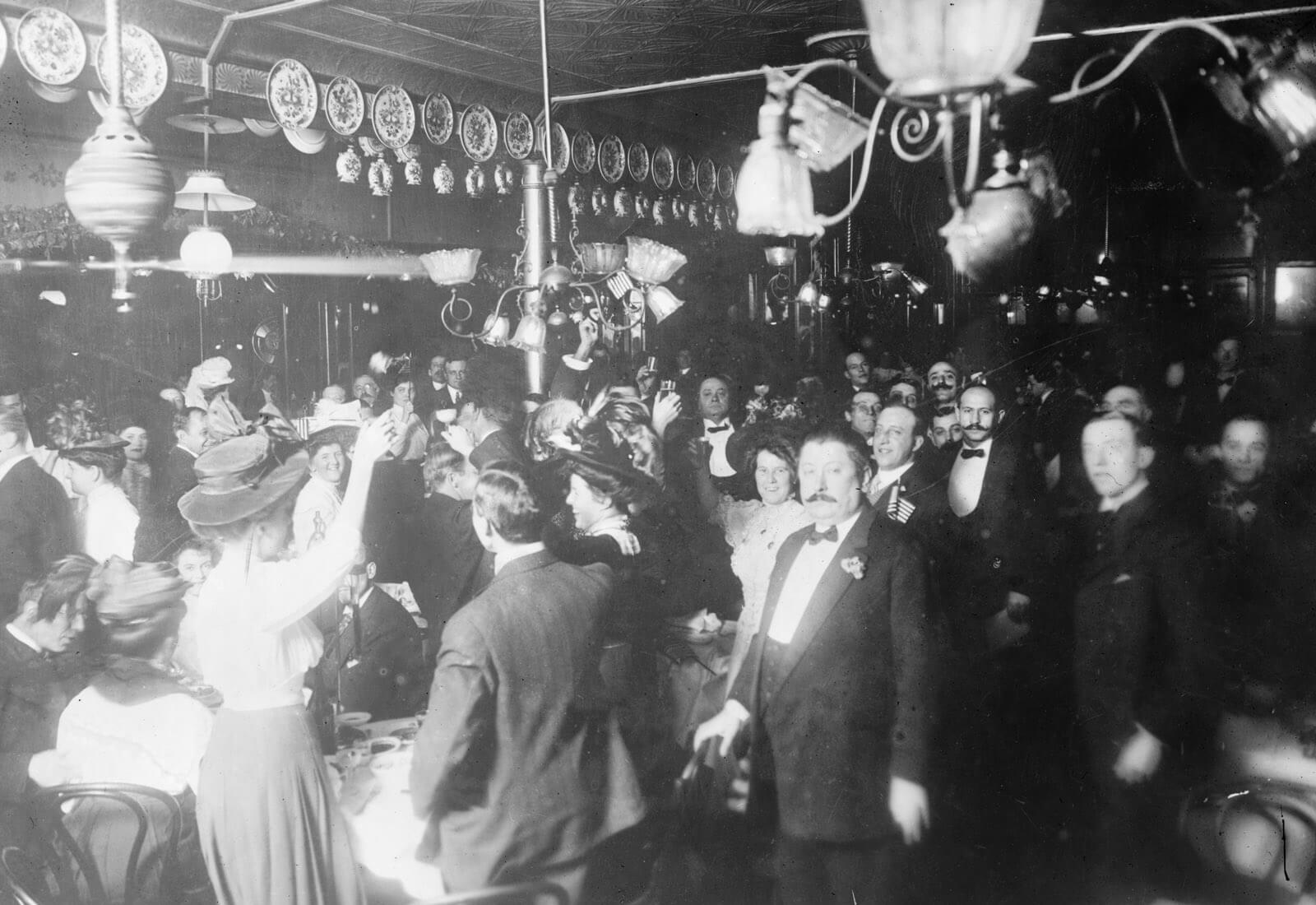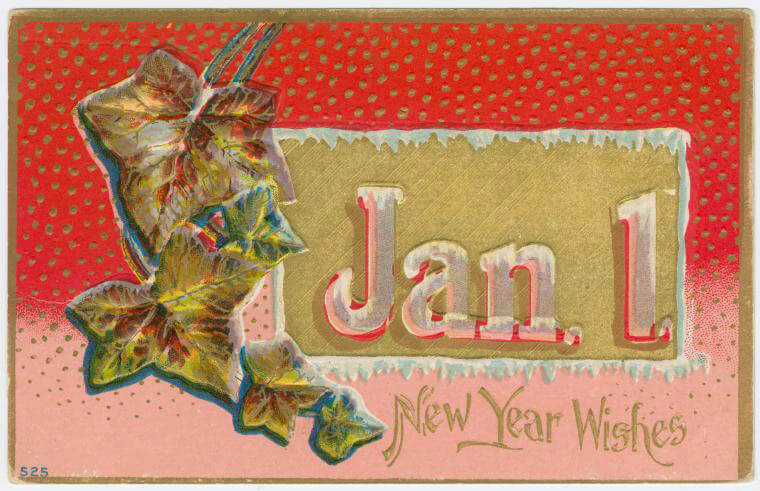Editor’s note: This post has been updated. Read the original post here.
For those following the Gregorian calendar, and that’s most of us, that magic moment when the old year ends in the last seconds of 11:59 on December 31 and the new begins at midnight on January 1 is celebrated with music, fireworks, noise makers , parties and a kiss.
And thus it has been for centuries, with Brooklyn being no exception.
After all, January is named after the ancient Roman god Janus. He is depicted with two faces — one facing backward, the other forward. He was the god of gates and doors, and of new beginnings.

‘Waiting for Calls on New Year’s Day’ by Winslow Homer (1869). Image via Brooklyn Museums
Brooklyn’s New Year Celebrations
Brooklyn had many different ways to celebrate the New Year. Of course, in the late 19th century, your ability to celebrate depended on your social class.
New Year’s was one of the four traditional holidays off, the others being July 4th, Thanksgiving and Christmas. In spite of tradition, for many in the lower and working classes, a weekday New Year’s Day could be just another work day, unless one had a generous employer who chose to grant a rare day off.
For upper-class Brooklynites, New Year’s Day was the day everyone visited, going from house to house to offer good cheer for the New Year. This was especially true of the ladies. For many, it was a great social coup to be received in the home of one of Brooklyn’s most prominent families.
Imagine the finest townhouses and mansions decorated to the hilt, as everyone pulled out their fanciest wares to serve hors d’oeuvres and punch. While many people actually went to call on friends, a great many went just to check out what their neighbors and the social elite had.
Those elite, of course, didn’t go anywhere, as everyone came to them.

19th century calling card. Image via The Texas Collection, Baylor University
Gossiping on Ladies’ Day
The day after New Year’s Day was known as “Ladies’ Day,” a derivation of a much older British holiday called “Lady’s Day” that celebrated the Virgin Mary.
Brooklyn’s Ladies’ Day was the traditional time for ladies in Brooklyn society to, as the paper put it, “balance their books” by spending the day running around visiting one another to boast about who they had seen or received on New Year’s Day. Thankfully, this tradition disappeared by the turn of the 20th century.

1910 New Year’s Eve party in NYC. Photo via Library of Congress
Too Much Reveling in the New Year
The passing of the old year into a new one has always been an opportunity for people to imbibe large quantities of alcoholic beverages. It’s a time-honored tradition, as celebrated in the British Isles tradition of raising one’s cup for “Auld Lang Syne.”
The papers were full of stories about people being arrested for drunken and disorderly behavior on New Year’s. Many of them spilled out of Brooklyn’s taverns and into the streets.
Many Brooklynites found themselves in the infamous Raymond Street Jail for the night, before appearing before a magistrate the next morning. The courts knew no holiday.
In retaliation for all of this excess, the late 19th century was also marked by a growing temperance movement that would see its greatest victory in the passing of Prohibition in 1920.

Postcard via New York Public Library
Swearing In on New Year’s Day
New Year’s Day was also Inauguration Day for office holders large and small. When David B. Hill was sworn in as governor of New York in 1885, Brooklyn’s Democrats wanted to celebrate. The Jefferson Club rented an entire train to Albany and had quite a party.
One car had a band playing all the way up. There was much imbibing of alcohol (temperance be damned!) and cigar smoking. There was lots of food, and another car was reserved for old men and the infirm who couldn’t handle the big party. Once they got up to Albany, they went to the swearing-in ceremony and partied overnight at their hotel before heading home.
Each man was given a souvenir badge, gloves and a cane by Albany’s Democratic leadership. They probably needed the canes to walk.
We really haven’t changed all that much in 130 years, it seems. We are more egalitarian, fortunately. New Year’s Day is now enjoyed by almost all of us. Happy New Years!
Related Stories
E-mail [email protected] with further comments, questions or tips. Follow Brownstoner on Twitter and Instagram, and like us on Facebook.
